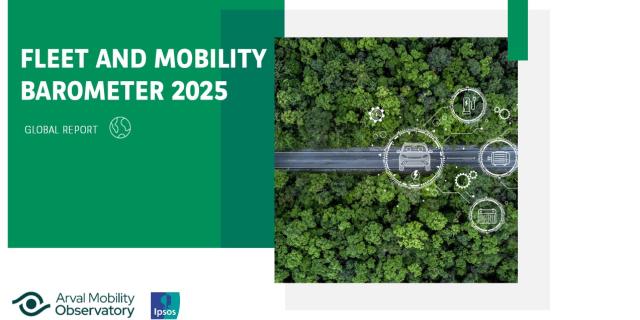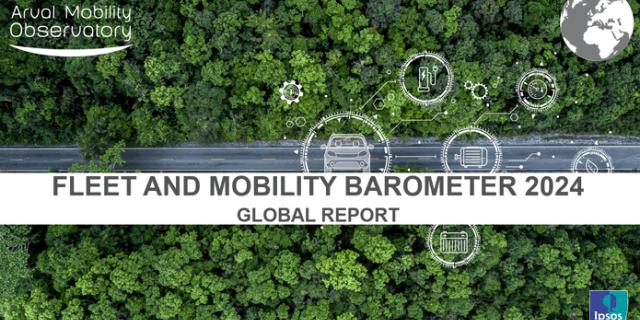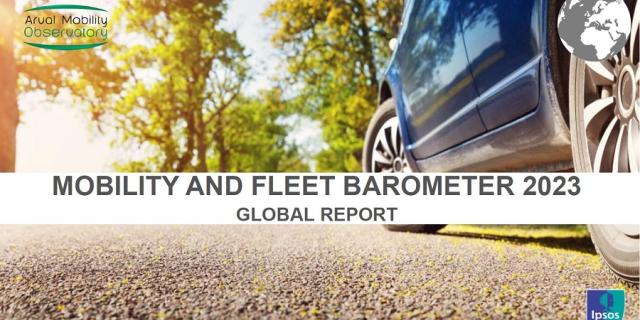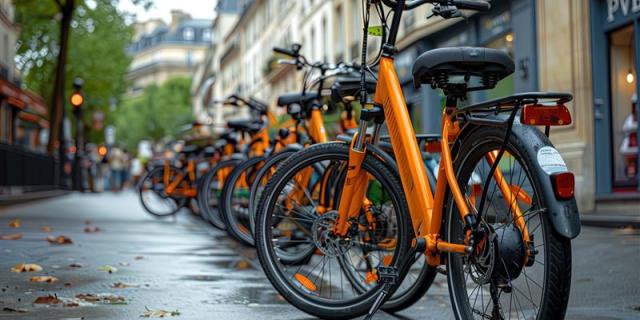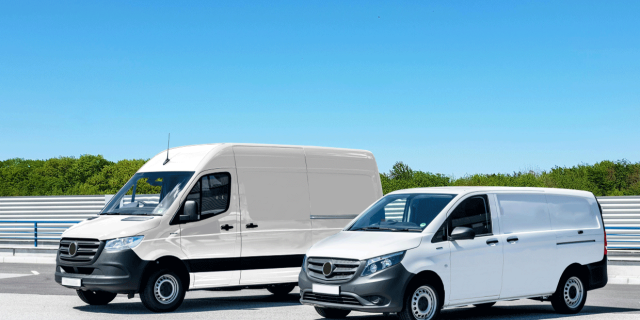Deep tech, the players of tomorrow's sustainable mobility?
In the aftermath of a half-hearted COP 26, everyone must take stock. According to the United Nations, the commitments made by the 191 States to limit climate change put us at 2.7 degrees warmer in 2100. The difficulty in obtaining multilateral agreements that match what’s at stake must more than ever encourage civil society and business to act without delay. A more sustainable world cannot be achieved without sustainable mobility. As the European leader in this sector, Arval takes its responsibility to provide concrete answers to these challenges seriously: environmental protection, energy transition, management of urban congestion and accessibility in the cities of the future.
The McKinsey study published at the end of the year reinforced the validity of our efforts. It describes the path that remains to achieve carbon neutrality in Europe by 2050. The good news is that 60% of the goal is achievable with technologies that are already available and need to be deployed at scale. The study adds an interesting element: the remaining 40% would rely on technologies that are not yet mature. Decarbonisation and innovation are therefore closely linked.
As the Hello Tomorrow summit approaches, I see this as a clear sign in favour of deep tech. These disruptive technologies are based on cutting-edge scientific research such as artificial intelligence, advanced materials and robotics. Complex to develop and bring to market, they have a strong capacity to transform society.
A second study conducted by Dealroom and London & Partners shows that investments in climate-tech have soared over the past five years worldwide. There is even talk of a sevenfold increase in Europe. In the family of deep tech, climate tech are those that directly address environmental issues.
Both reports indicate that continued support for innovation is critical and that a movement in this direction is underway. In their sectors, many industrialists act as and bring together an ecosystem: public and private players, research laboratories, start-ups, investors, etc. It is in this alliance between industry and research that solutions to today's challenges can emerge and flourish.
As a major lever for reducing CO2 emissions, mobility must be thoroughly reinvented. To do this, it can count on the numerous solutions that are already within reach: from green hydrogen, through the capture, storage and recovery of CO2, synthetic fuels, to the search for alternative energies to make batteries, right through to their recycling... All of these advances are promising and should help move the world towards sustainable mobility alongside the more traditional players in the mobility sector. It is on this condition sine qua non that we will switch to a sustainable society.
By Alain Van Groenendael, Arval Chairman & CEO




